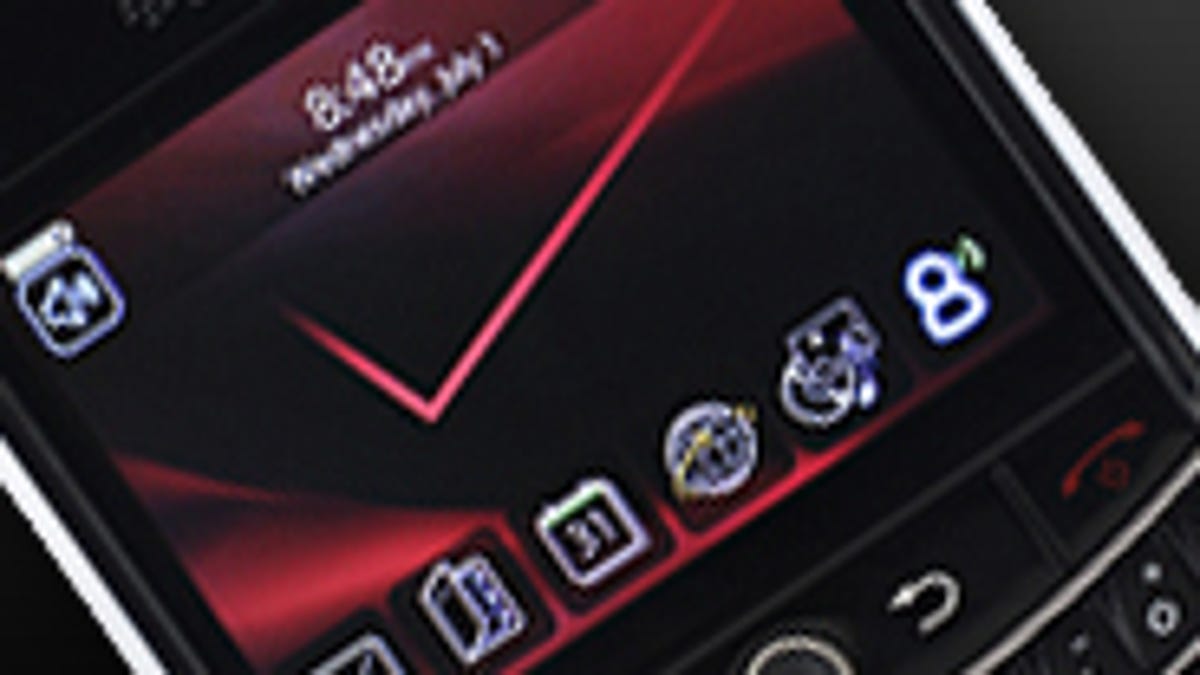RIM adds BlackBerry geolocation, minus GPS
BlackBerry-maker RIM announces a new feature for developers of location-based programs for BlackBerry. Interestingly, it's one we've seen many times before.

How do you zero in on a location without using GPS? You use cell phone towers.
BlackBerry-maker RIM announced on Monday that it will use cell-tower triangulation as part of a new geolocation feature in its Locate Service for the BlackBerry Application Platform.
This tactic of using signal from nearby cell towers to approximate your phone's location is nothing new, and in fact, has been used as an ersatz procedure for finding your general coordinates for years.
As one notable example, Google has used "triangulation"--so-called since it used at least three towers to find your point on the map--in Google Maps on feature phones that lacked the much more precise GPS.
While the news is aimed at application developers, it also affects BlackBerry owners who use those apps that may be affected by GPS signal-loss.
It's a little strange seeing RIM adopt this less accurate fallback so late in the location game. To its credit, though, RIM emphasizes that program developers can look to cell-tower geolocation for quickly finding the user's basic whereabouts, and in truth it is a handy failsafe if GPS signals are blocked.

